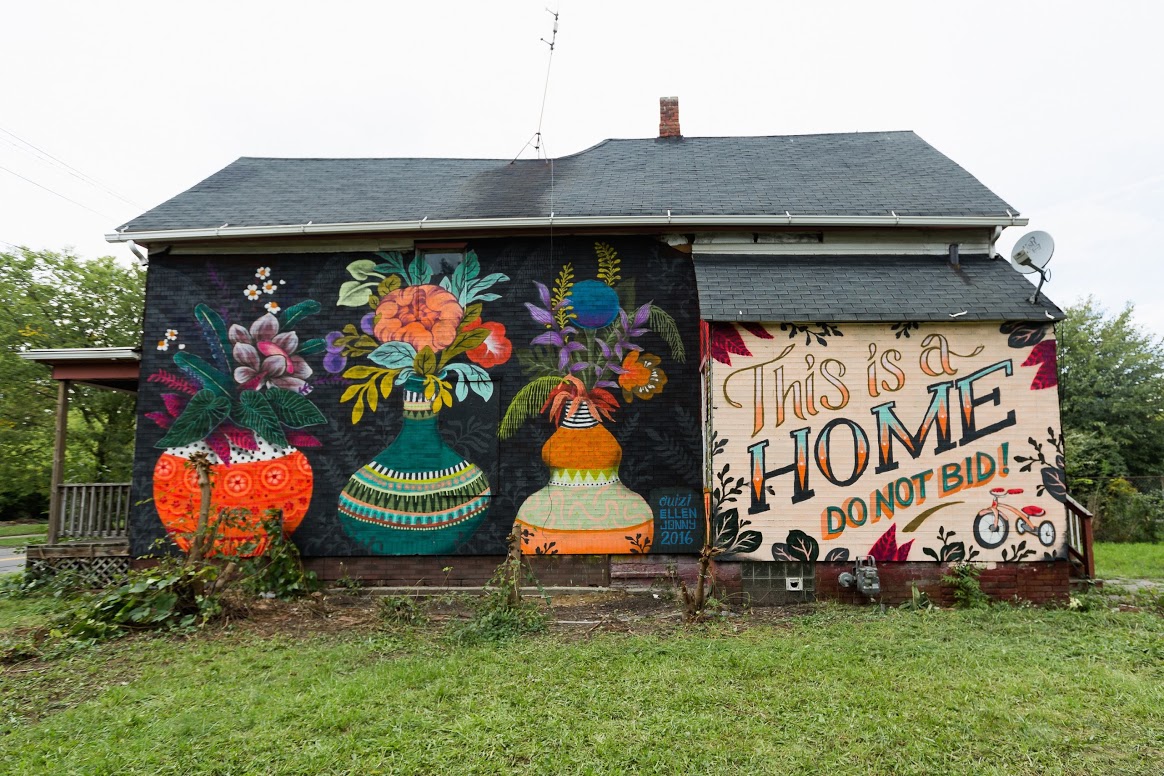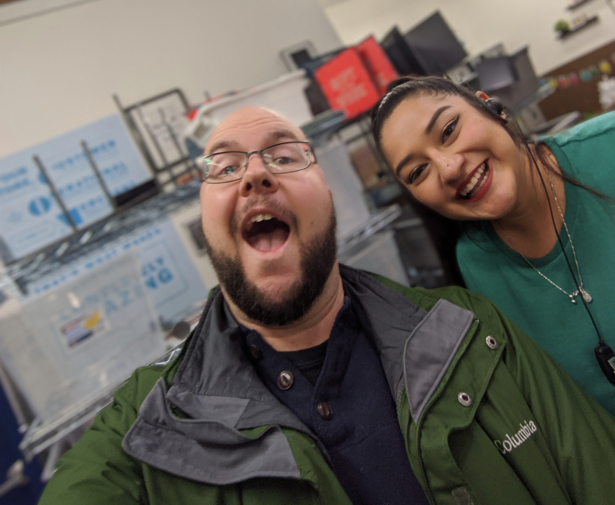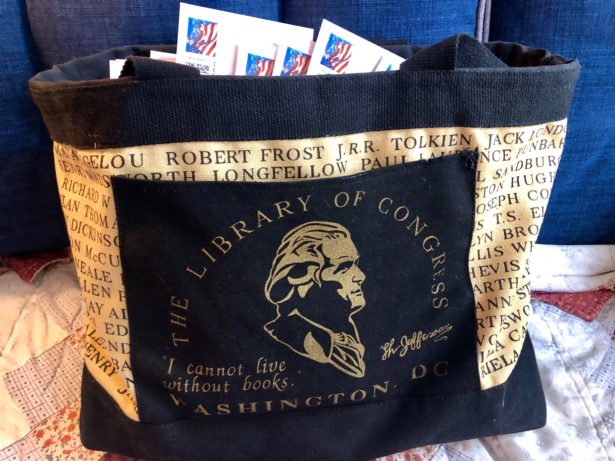
Helping Detroit Families Keep A Roof Over Their Heads
One woman’s quest to keep occupied homes occupied
To follow the tribulations of Detroit in recent years is to know a story of ebb and abandonment. The city’s population peaked at over 1.8 million in 1950, and has declined ever since: just 700,000 people live there now. With that population decline has come economic decline: according to some reports, nearly half of Detroit’s property owners have failed to pay taxes in recent years.
Those tax arrears have led the city to foreclose on thousands of properties, which are then put up for sale at auction—whether someone is living in them or not. Michele Oberholtzer got an up-close view of some of the problems this presented in 2014. “I had a part-time job where I was a property surveyor, taking basic information down about foreclosed homes, and I was interacting with residents of foreclosed homes as a result,” she recalls. “Many people did not know their home was in foreclosure, they did not know their home was going to be put up for sale, and they did not know that they could buy that home.”
“Those tricycles were a sign of a happy home and a safe community. It also became a symbol of what we stood to lose if those houses were lost.”
As she followed the fate of some of the properties, and the families she had spoken to, she learned that many of the foreclosures resulted in vacancies of the houses, and homelessness for the residents. “It caused terrible destruction to neighborhoods,” she told Good Turns recently.
So she decided to do something about it, and in late 2014 founded the Tricycle Collective, a 501(c)3 organization whose mission it is to “keep Detroit at home” by helping occupants of foreclosed homes purchase those homes at auction. “When I started, it was just me doing this at the very last minute, with relatively little expertise,” she said. “I decided to start with the homes that had touched my heart the most when I’d been doing the surveys. Those were the ones with kids’ toys in the front yard, particularly tricycles. To me, those tricycles were a sign of a happy home and a safe community. It also became a symbol of what we stood to lose if those houses were lost.”
Because the starting bid for foreclosed homes was $500—and because many properties sold for as little as the starting bid—Oberholtzer decided to try to provide that much money to as many families living in foreclosed homes as she could. She was able to provide a handful of families with cash that first year, and the program has only grown since. In 2015, the Tricycle Collective raised $20,000 to give to 400 families, and last year donated $25,500 to 51 families.
Though their efforts can rescue only a handful of homes each year, Oberholtzer is committed to her mission, and to helping reform a system that is putting Detroit residents out of their homes while giving speculators the chance to buy those homes for a song. “When I started the Tricycle Collective, it seemed to me our biggest challenge was a lack of information, and the capacity to reach all the numerous people whose houses were at risk,” she said. “Now I think information is not enough. We really need more money, and we really need different rules and a different playing field. People have identified Detroit as a target area, and occupied homes are prioritized by bidders because they come with a ready source of passive income, which is the residents. We’re trying to do whatever we can.”
Detroit’s tax foreclosure auction takes place in September and October. If you want to help, go to http://www.tricyclecollective.com and find the Save Homes Here link. The city of Detroit will be glad you did.
Posted September 29, 2017





